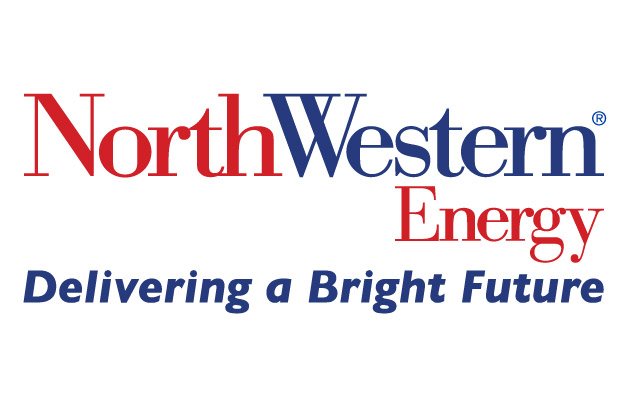NorthWestern Energy said in a recent letter it is “essential” for the utility to be able to close advisory meetings that are technical in nature, and it also said its technical advisors represent varying interests as required by law.
The Montana Public Service Commission had requested the monopoly utility answer questions raised by three renewable energy groups about whether its Electrical Technical Advisory Committee is operating legally.
The groups alleged NorthWestern hadn’t selected “broad based” membership as required by statute, and it had closed meetings unnecessarily despite a requirement they be open “whenever possible.” In doing so, the groups said NorthWestern was an “extreme outlier” in the region.
Commissioners agreed the questions raised by the groups needed to be addressed, and in a letter Friday, NorthWestern defended its practices. It also acknowledged the importance of addressing the questions “to maintain transparency and public trust.”
A letter from NorthWestern’s Vice President of Asset Management and Business Development Bleau LaFave explained the decision to close committee meetings. The committee is advising the utility on the way it’s putting together a plan to meet future energy demand.
“While open meetings offer transparency, the ability to close meetings is essential for technical advisory committees,” NorthWestern said in the letter.
“This enables honest discussions, efficient deliberations, and thorough reviews of preliminary findings, ensuring compliance with regulations and protecting stakeholder interests. As a result, the committee can make effective recommendations to engage in the stakeholder and public process.”
The letter addressed qualifications for members and their responsibilities. It did not disclose the selection process, or the way it chooses members, who chooses them and how, although it said the NorthWestern Energy Supply Group makes the final selections.
In an email in response a question from the Daily Montanan about what the “supply group” is, NorthWestern said, “There are many employees that are involved in energy supply planning at NorthWestern Energy. I am not disclosing any specific names.”
One of the requirements NorthWestern identified in its response to the PSC is that its members “not communicate to the media on behalf of ETAC or NorthWestern to characterize the views of other members to the media or in other forums. Each member agrees to not present materials or documentation obtained in their role as an ETAC member in contested cases, to the media, or in other forums, unless in response to a request as required by law.”
The three groups that had raised questions were the Montana Environmental Information Center, Montana Renewable Energy Association and Renewable Northwest.
They said the advisory committee had convened in the past representatives from many different interests, but this time, it had stacked the committee to exclude spokespeople for residential and low-income customers, energy developers and independent economists.
NorthWestern, however, argued it had chosen a “broad based” group in compliance with state statute.
It said it reserves seats for representatives from the Montana Public Service Commission, the Montana Consumer Counsel, and the Montana Department of Environmental Quality. It said the other three to five slots are filled with people who have “technical knowledge who are active in energy policy, resource adequacy, regional utility planning, and/or RTO (Regional Transmission Organization) development.”
In addition to the three state agencies, current membership represents the University of Montana Bureau of Business and Economic Research (at least one of the groups said the committee should have an economic research representative that is not paid by NorthWestern); Southwest Power Pool, a regional transmission organization; the Natural Resources Defense Council; and the Northwest Power and Conservation Council.
In its letter, NorthWestern also said it will develop, with input from the committee, a “stakeholder and public process to engage a broad cross-section of its customers” as it starts putting together a new Integrated Resource Plan, its plan to meet energy demand.
It said that process is in addition to the technical committee’s meetings. In December 2023, “NorthWestern engaged with ETAC, and the committee decided to close the upcoming March and June meetings.”
It said it needed to close meetings to set a public engagement timeline “and ensure their recommendations are effective and well-considered.” It also said the rules allow meetings to be closed when needed “for a complete review, evaluation or recommendation.”
In June, the committee decided it would open its next meeting to the public “allowing community members and stakeholders to learn about resource planning concepts.” The meeting will take place in September, and a date is being finalized.
NorthWestern submitted the letter Friday, and the Public Service Commission may take up the matter at an upcoming meeting, a spokesperson said.

